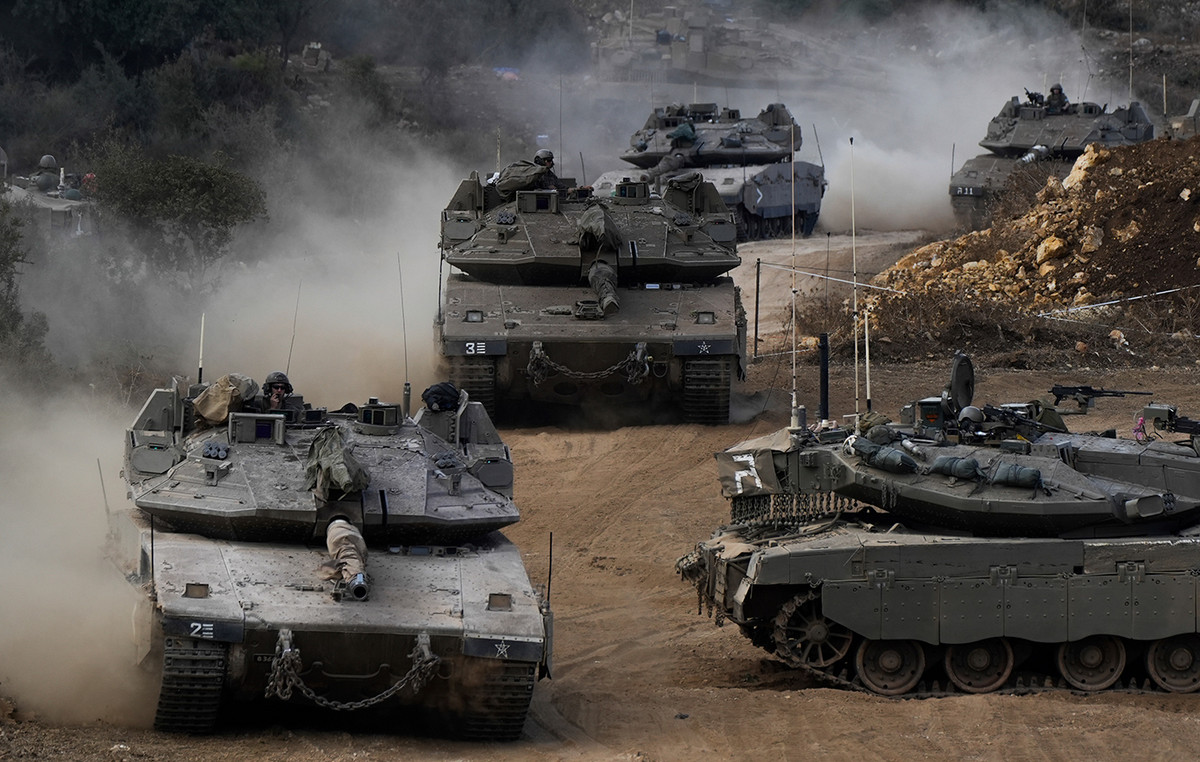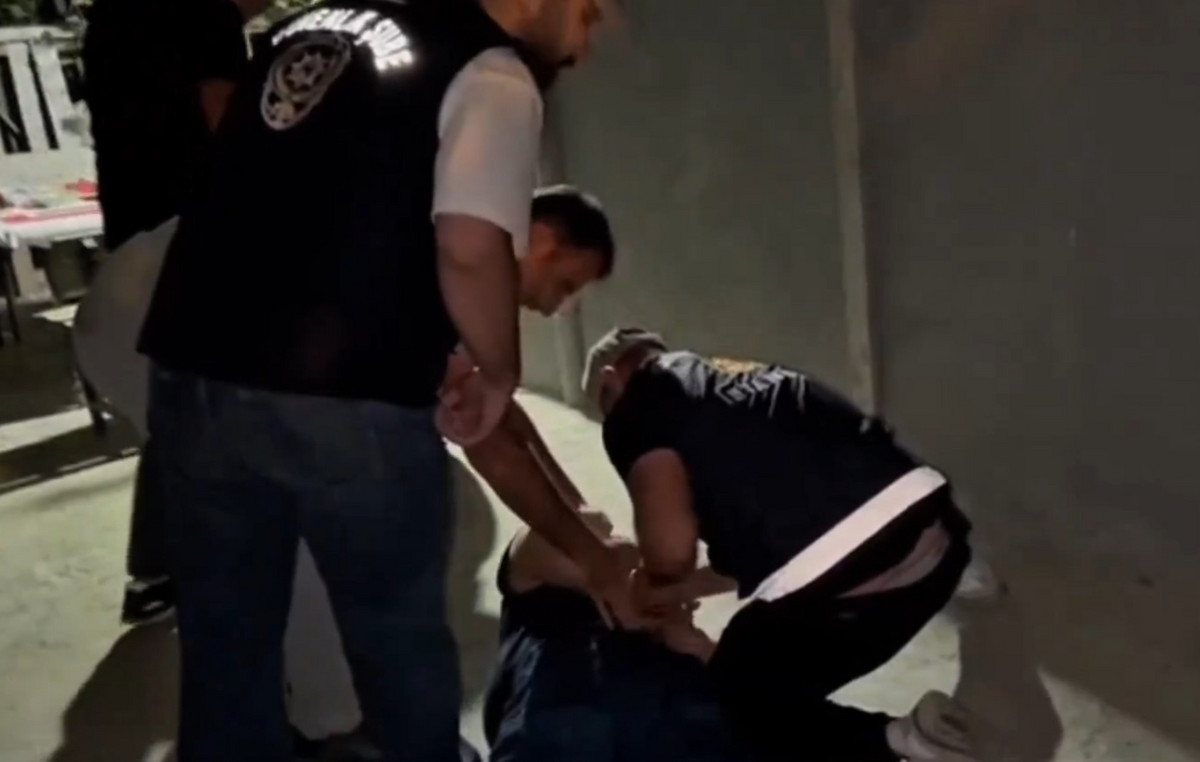Vanessa da Mata 48, took advantage of last Sunday (12) to talk about the adoption process of the three children, Felipe, 22, Micael, 20 and Bianca, 19.
On Instagram, the singer shared a video reflecting on the challenges faced by those in line. Furthermore, she also cited some difficulties experienced by the trio.
“Today marks 15 years since I became a mother of triplets, symbolically and completely, because three brothers arrived in my heart together, on Mother's Day. What can I say about that? Among the challenges of adoption, among the delights of adoption, is the love of adoption, the transformation it generates in children and parents. This reconciling of worlds, this finding one another, this symbiosis that happens and the feeling it gives is that you no longer have a hole”, he began.
Afterwards, the artist shared with fans and internet users the gaps in the adoption system in the country.
“I use this day to talk about the failures of adoption in Brazil. The amount of neglect in adoption in Brazil, which uses the thing of protecting children and enters into a hellish bureaucracy. And this child ends up growing up in shelters until he reaches an age where people are no longer interested in him. Very sad!”, she vented.
“It's something that, above all, this negligence within the shelters, goes from beginning to end. It ranges from miseducation to physical and mental abuse and the trauma they generate is enormous. There is no psychological support, there is no support at school, these dropouts generate a lack of memory, because the memory cannot remember so many bad things. So as her own protection, she dreams. This is very difficult to learn. Older children abuse younger ones. There are very few people who have a shelter who really do a wonderful job and they are beautiful to live in. But shelters in general are chaos for these children. They are not prepared to leave at 18, they take to the streets. They are not prepared for a job, they have a lot of difficulties,” she continued.
In the comments of the publication, Vanessa also posted other excerpts of her reflection.
“I’m just going to tell one story. When my children arrived, a teacher from the school came to talk to me saying that I should be very careful. These stories that always have someone trying to take us away from a purpose, right? That I was completely in love with my children. She came telling me not to have these children because the eldest was extremely angry (and why would that be, right?) and beat all the children and they had nothing else to do. My oldest arrived at eight and a half years old, I already said this here, knowing only three colors, because of Flamengo: white, black, red. I only knew how to sign my name, anyway. And he beat the children every day. And my ex-husband, their father, who made this plan with me, started taking them to school and then he, older, in his own way, came to us and said: “Grandma (to my mother), you know that Since this new father started taking me to school, have my brothers never been beaten again?” He stopped fighting. He was defending himself, defending his brothers as much as he could. So when you don’t have psychological support the suffering is gigantic, enormous,” he wrote.
“The punishments given to children in shelters are proportional to the pain they suffered, the continuation of pain and neglect. Because they are often people who are not prepared. I remember that a girl, the daughter of the lady who worked at the shelter, ran after my daughter and said: “I-huu, i-huu, you don't have a mother, you don't have a father! You don’t have anyone, no-no-no… you don’t have I don’t know what there.” I held the girl and said: “Now she has it!” And my daughter had a huge smile, the most beautiful thing in the world. Anyway, these are intimate things, but they are very important things for you to know how hard it is,” she added.
“[…] In fact, here's the thing, my protest is always the same. I've said this before, I'll say it again. Who earns per child in shelters? What is the excuse for keeping these children in shelters? What legislation is this that produces many more people wanting to adopt than children in shelters? And they don't leave the shelters. Who is benefiting from this? Remembering that I'm not talking about all shelters. Not generalizing is important because there are many non-institutionalized shelters that are very serious, a deep love for children, enormous ethics, they can be adopted, they teach the child what love is. Many people with human, warm, real intentions, trying to make shelters a home,” he said finally.
Source: CNN Brasil
I’m Robert Neff, a professional writer and editor. I specialize in the entertainment section, providing up-to-date coverage on the latest developments in film, television and music. My work has been featured on World Stock Market and other prominent publications.







